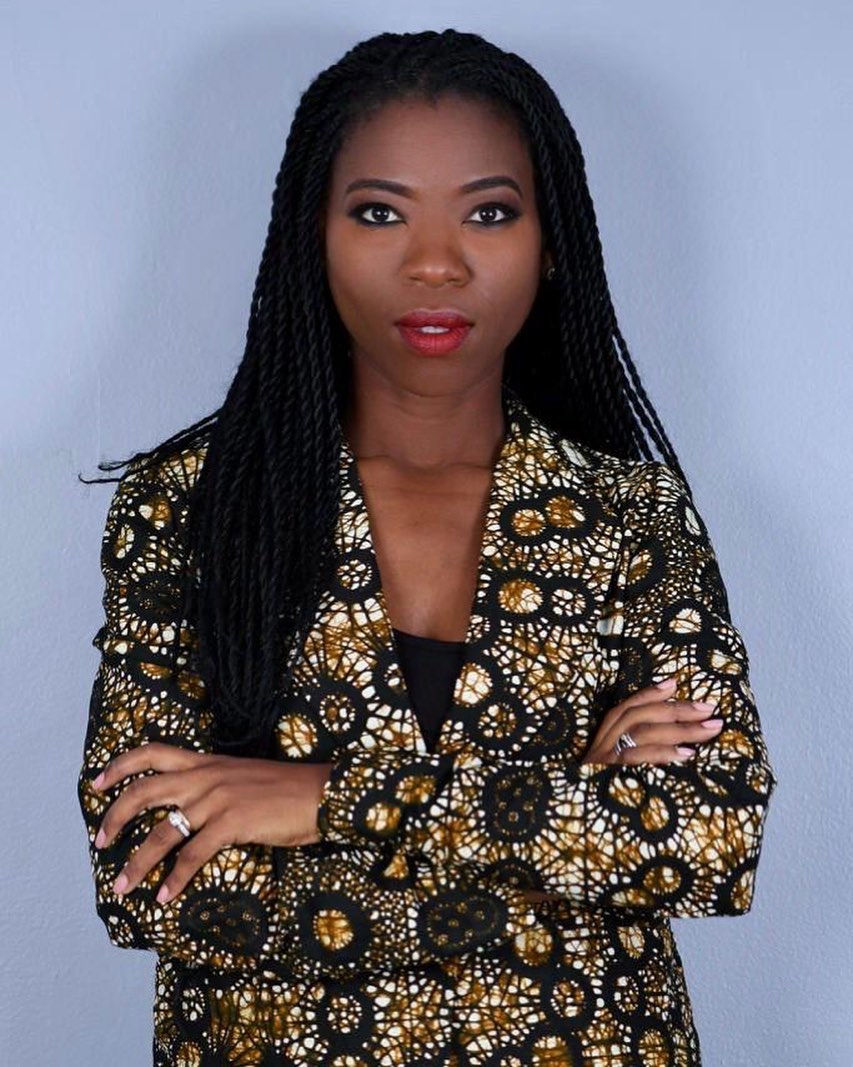A Black History Love Letter to Minority Ethnic Communities:
- contactilava

- Aug 8, 2022
- 3 min read
I am a Black woman.
I am an African woman.
I am an American woman.
This year for Black History month, I would like to share my perspective as a Black immigrant from Tanzania to the United States. You see, I am one of those people who boldly and courageously challenge any immigrant groups who refuse to acknowledge and honor that they are benefiting from the struggle and sacrifices of Black America. You're able to exist and function in this country because 400 years ago, Blacks were enslaved and forced into free labor.
No other ethnic group has been a slave on American soil. NOT ONE!
The dismantling of the Jim Crow laws, and longstanding redlining and residential segregation are just a few of the reasons why other ethnic groups can move to any Chicago neighborhood they desire. Historically, Chicago is known for its intentional segregation, particularly of Blacks in neighborhoods where the advancement of housing developments (projects, row houses, multi-family high rises) have been politically driven for decades.
Although now predominantly populated by Blacks, Jackson Park and Woodlawn were white middle class neighborhoods, following the Columbia Exposition in 1893. Shortly after, in the late 1940s, the area experienced what is known as “white flight” due to an increase in Blacks moving into the communities due to migrations from the South. Other areas that are now predominantly Black but were not formerly, include Roseland.
Side note, I live on the south side of Chicago, and it amazes me how Africans tend to flood to the North-side (a predominantly white neighborhood). More often than not, I am approached by other Africans who inquire about my lack of fear, as it relates to living among other Blacks on the South-side. For me, NO, I am not scared. Why should I be? Why should any of us be? For many of us, we WILLINGLY left a continent full of Black people, and now you’re scared to reside among that same people?. Why? That’s the more appropriate question one needs to answer for self. There appears to be a lack of desire or willingness by other ethnic minority groups to learn about Black America.
I am unsure whether this behavior is done consciously or subconsciously; yet, it continues to baffle me. This, among other things, is baffling to me. Indeed, we can argue that the lack of Black history in this country is very much systematic in the education system. For example, Black Africans have no idea about the Atlantic slave trade, and the same can be said for Black Americans' lack of knowledge regarding the effect of colonization and neo-colonization on the continent of Africa. On a separate note, who is the common denominator here? Let's table that conversation for next time.
Thus, it's also very noticeable to me that most immigrants have no idea about the history of Black American culture. However, it's 2020, and one can no longer benefit from the struggle and pain of Black Americans without understanding their root causes.
Let's take the obvious....
You can love soul food all you want, yet not understand the history behind it.
Many foods integral to what you typically see on Sunday dinner tables and at holiday gatherings originate from limited rations givens to Blacks by Whites during slavery. Blacks were given a peck of cornmeal, 3 pounds of pork per week, hence the staple foods, such as cornmeal, fried catfish, etc...
Due to the hardship of working in the plantation, Blacks had to eat high-calorie meals to balance out long free labor working days.
Another example is the Hip Hop culture. You cannot love hip hop without understanding the movement that helps young talented Black artists create the art form, which reflects the reality of their lives and harshness of their socioeconomic circumstances.
From science to agriculture and music to fashion Black America is the heart and soul of it all.
Why am I sharing this?
It's clear that whoever has the access and means to market and brand a narrative or concept remains in control of it.
But...
It's time for every person in this country and mostly minority ethnic groups to acknowledge, honor, and respect the Black community beyond February.
So here we are, February 2020, where we are once again, taking time to acknowledge and honor the Black community for paving the way for every ethnic minority group in this country. From this day going forward, let’s be intentional about what we are honoring them for.
We see you, brothers and sisters! We honor you! We love you! We thank you!
Happy Black History Month!!!
-Rahel Mwitula Williams









































Comments